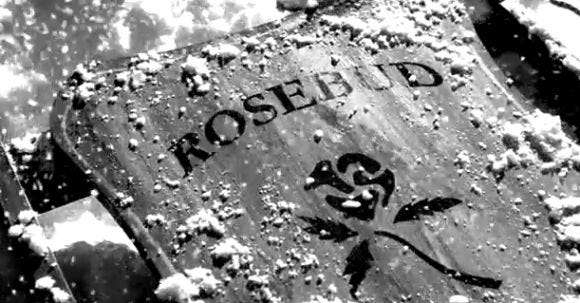One more question
To Ben Franklin
When I do interviews about a book or other aspect of my work, the interviewer's last question is frequently some variant of: Is there anything else I should have asked you?
I usually say no, that we've covered all the ground. This is always accepted. The interviewer is as happy to be finished as I am.
But often I wish I could put that question to historical figures I have studied. My previous questions to these dead people have all been indirect. I pose a question to myself about the subject and dig around in his or her letters, diaries and so forth to find the answer.
Yet there’s always something missing in my understanding, some tidbit of information that, I imagine, will reveal a crucial aspect of character. If only I could put the question directly, I might discover what made this person tick.
Exhibit A: Benjamin Franklin. My first books were about American foreign policy in the second half of the twentieth century. A principal research challenge here was the sheer mass of pertinent materials to examine. No researcher could read them all. I envied my professional colleagues who worked on earlier times, when people weren't so profligate with what they committed to paper. Additional factors pointed me toward Franklin, and I realized it would be possible to read every surviving document most relevant to his life.
Which is what I did. About sixty volumes of his letters had been published in various editions. Other documents were in archives and related collections. Going through this took a while, but when I finished I could say with reasonable confidence that I had seen all the direct evidence pertaining to the case of Dr. Franklin. I had not read every biography or other secondary source, but these are the equivalent of hearsay testimony, which is inadmissible in courts of law, and generally in the court of history over which I preside.
I thought I had a good handle on Franklin’s mind, temperament, values and motivation. I was pretty sure I knew him better than any of contemporaries did. Each contemporary knew a part of Franklin, typically revealed in Franklin’s letters to that person. But I had read all the letters to all the contemporaries.
At times I thought I knew Franklin better than he knew himself. Franklin spent eighty-four years living his life. Understandably he didn't always remember at eighty what he thought or did on a given day when he was forty. But I had his whole life laid out before me in his letters. He might forget but I had the record.
And yet . . .
There was something about Franklin that bothered me, one important part of his life I couldn't figure out. He and his son William parted ways during the Revolutionary War, with Franklin becoming a rebel and William remaining a loyalist. I could understand their estrangement as long as the war lasted. They were two strong-minded men with firm opinions. Franklin became estranged from most of his British friends during the war. After the war he reconnected with them. Not with William.
In fact he rejected attempts at reconciliation. His grandson Temple, William's son, surreptitiously arranged a meeting between Benjamin and William in Southampton, England, where the ship carrying Ben and Temple home from France stopped before setting out on the Atlantic. William, the defeated loyalist, was living in London and came to Southampton knowing his father would be there. Ben did not know that William would be there.
He wasn't happy when he saw his son. William offered the hand of friendship and filial attachment, but Ben refused to take it. He turned his back on his son, never to see him again.
This was the part that puzzled me. I have children, and I can't think of anything they could do that would make me never want to see them again. I knew Ben Franklin was no model family man, having lived apart from his wife for most of the last two decades of her life. He was an American colonial representative in London while she stayed in Philadelphia. Even so, disowning one's son for a political difference of opinion? That seemed extreme.
Why?, is the question I would have asked Franklin if I had the chance. There must have been more involved than I was able to discover. Franklin seemed to be demanding of William a personal loyalty that transcended politics. And it was a personal loyalty that was more than Franklin had paid his father.
Was that it? Did he feel guilty about running away from home as a teenager and rarely seeing his father again? Did he in some way project that guilt onto William?
Franklin prided himself on his reasonableness. In nearly every aspect of life he manifested that trait. But not in relations with William.
What was I missing?
That's what I would have asked him.

The wise contradict themselves. - Oscar Wilde
I think that is a great question. One thing most of my students are always puzzled by studying the Am Rev is why the sides were not overwhelmingly for the Patriots vs the British. Perhaps this is a question that Franklin would answer in his way but I wonder what other colonial Patriots would feel similar to their children as Franklin? Or conversely, as you do.